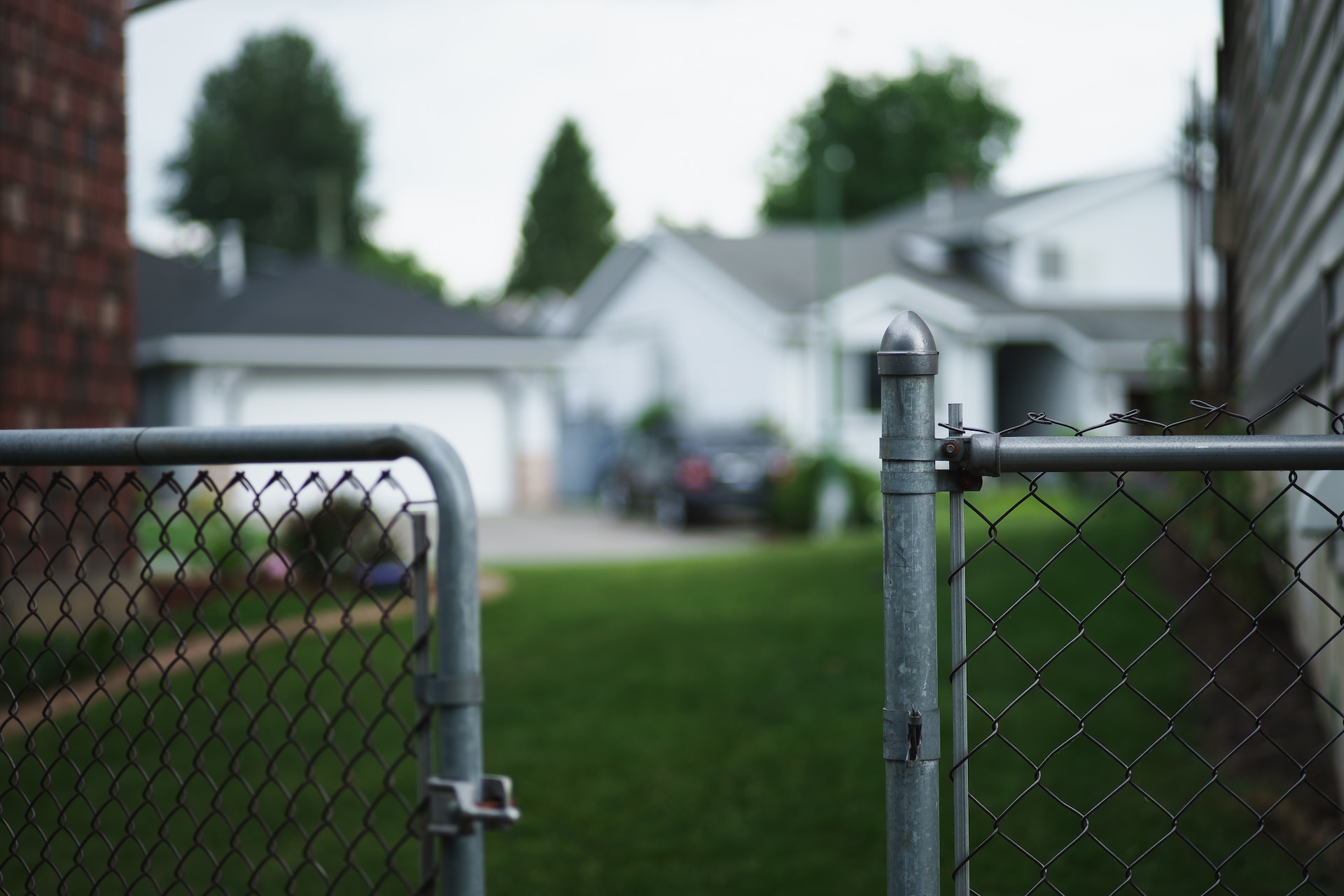

Question: What are the 4 factors that create the value of a property?
Answer: The 4 factors that create the value of a property are demand and supply, utility, scarcity, and transferability. These factors interact to determine a property’s market value.
What are the Four Factors That Create the Value of Property? Understanding the Pillars of Property Value
Property value is a concept that intrigues many, from potential homeowners to real estate investors. But what really influences the value of a property? Interestingly, four fundamental factors create and shape property value. Let’s delve into these factors and understand how they interact with one another.
Factor 1: Location – Where You Are Matters
Neighborhood Appeal: Community at Its Core
Location is often touted as the most vital factor in determining a property’s value. The appeal of a neighborhood, proximity to schools, parks, shopping centers, and other amenities, can significantly influence a property’s worth. Safety, community spirit, and future development prospects are crucial in assessing a location’s desirability.
Click here to see what your house is free home evaluations
Related Article: Does Inflation Increase the Value of Property?
Related Article: How Does Rising Interest Rates Affect Property Valuation?
Proximity to Work and Transportation: Connecting Lives
Ease of commute also plays a vital role in property value. Properties closer to major employment centers or well-connected by public transportation tend to have higher value. Conversely, properties in more isolated areas might be more affordable but might not appreciate in value as quickly.
Factor 2: Size and Usability – Space That Fits
Square Footage: Measuring Value by the Foot
The size of the property is often directly proportional to its value. More square footage usually translates to a higher selling price. However, the usability of that space also matters. Wasted or unusable space might not contribute as much to value as functional, well-designed square footage. [ 1 ]
Layout and Design: Form and Functionality
An intelligent layout that utilizes space efficiently can enhance property value. Open floor plans, storage solutions, and natural light contribute to a home’s appeal and functionality. A well-designed property that meets the needs of modern living is often more valuable.
Factor 3: Age and Condition – Beauty Isn’t Just Skin Deep
Age of the Property: Newer Isn’t Always Better
While newer properties often command higher prices, older homes that have been well-maintained or tastefully renovated can also fetch a premium. Historic homes with unique architectural features might even have special value. Age alone doesn’t determine value; condition and character do as well.
Ongoing Maintenance: A Home Well Kept
Properties that have been meticulously maintained tend to retain their value better. Ongoing maintenance, such as roof repairs, updated plumbing, and fresh paint, contributes to a home’s appeal. Buyers often look for homes that have been cared for, knowing that they’re less likely to encounter unexpected problems.
Factor 4: Market Conditions – Riding the Economic Waves
Economic Indicators: The Pulse of the Market
Economic conditions such as interest rates, inflation, and unemployment can influence property value. When the economy is booming, demand for property often rises, driving up values. Conversely, in economic downturns, property values might stagnate or decline.
Local Market Trends: What’s Happening in Your Backyard
Specific local market trends also play a crucial role in property value. Factors like local job growth, population trends, and housing supply can impact demand and, consequently, property values. Understanding these trends can help in assessing a property’s current and future value.
Other Influencing Factors: Beyond the Core Four
Government Regulations and Zoning Laws: Boundaries and Benefits
Though the focus is on the four main factors, other elements like government regulations and zoning laws can also influence property value. Zoning restrictions may limit how property can be used, while beneficial regulations might enhance value by protecting environmental features or historical aspects.
Environmental Considerations: Green Value
With growing awareness of environmental sustainability, factors such as energy efficiency and eco-friendly materials can add value to a property. Homes with solar panels or energy-efficient appliances might be more appealing to environmentally conscious buyers, potentially boosting their value.
Click for more information about Jen Jewell
Conclusion: A Symphony of Factors
Determining the value of a property is a complex process, shaped by a multitude of factors. The four core factors: location, size and usability, age and condition, and market conditions, form the foundation of property valuation.
Each of these factors interplays with the others in a dynamic and ever-changing market landscape. Understanding how these factors work together is essential for anyone looking to buy, sell, or invest in property.
Whether you’re a first-time homebuyer or a seasoned investor, recognizing and appreciating the nuances of these factors will equip you with the knowledge to make informed decisions. After all, the value of property isn’t just in its price tag; it’s in understanding what makes it worth that price in the first place.
References
1. https://www.investopedia.com/articles/mortages-real-estate/11/factors-affecting-real-estate-market.asp


